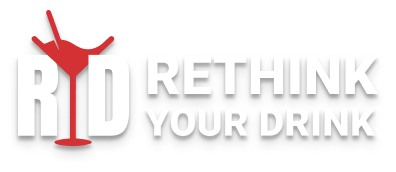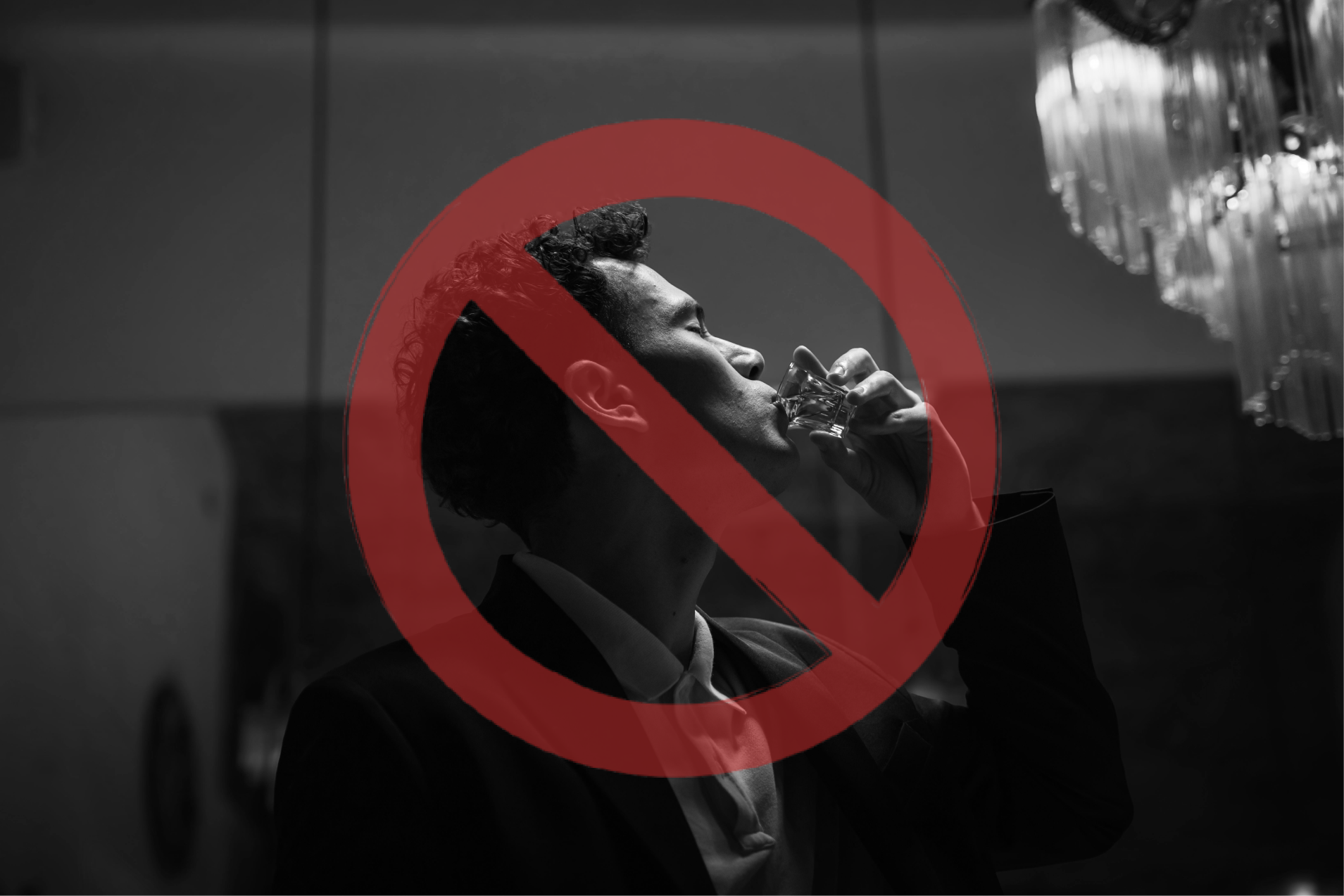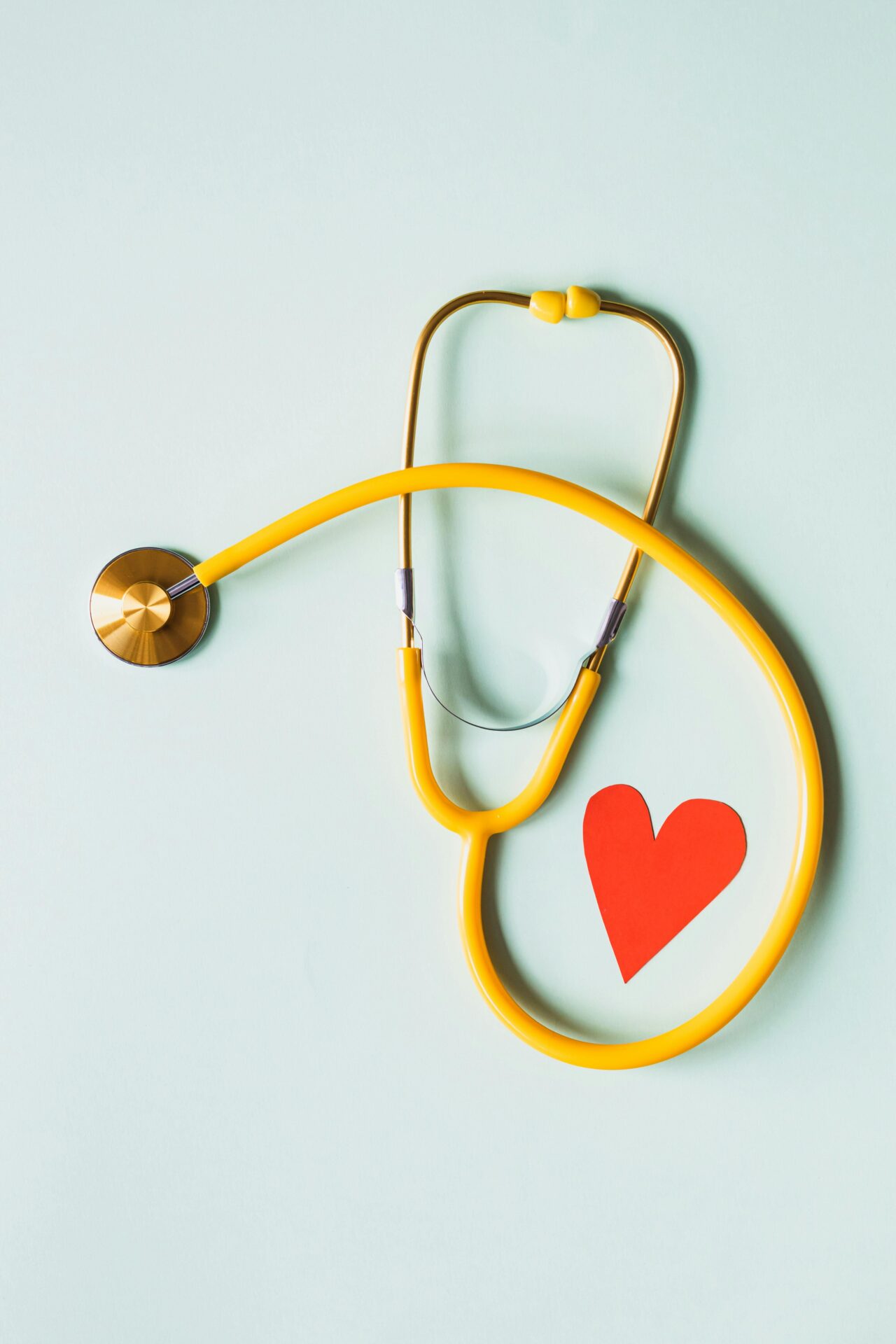The risks and harms associated with drinking alcohol have been systematically evaluated over the years and are well documented. The World Health Organization published a statement in The Lancet Public Health:
When it comes to alcohol consumption, there is no safe amount that does not affect health.
Determining a safe level of alcohol consumption would require valid scientific evidence to demonstrate that there is no risk of disease associated with alcohol consumption at and below a certain level. The new WHO statement clarifies: currently available evidence does not indicate the existence of a threshold at which the carcinogenic effects of alcohol “switch on” and begin to manifest in the human body.
No amount of alcohol consumption is safe for our health.
“We cannot talk about the so-called safe level of alcohol consumption. It doesn’t matter how much you drink – the health risk starts from the first drop of any alcoholic drink. “ The only thing we can say for sure is that the more you drink, the more harmful it is – or in other words, the less you drink, the safer it is,” explains Dr. Carina Ferreira-Borges, Acting Head of Disease Management and Regional Advisor on Alcohol and Illicit Drugs at the WHO Regional Office for Europe.
The European region has the highest level of alcohol consumption worldwide and the highest proportion of people dependent on alcohol in the population. More than 200 million people in this region are at risk of alcohol-related cancer.
The question of the beneficial effects of alcohol in research has been controversial for years.
So when we talk about possible so-called about safer levels of alcohol consumption or about its protective effects, we ignore the larger picture of alcohol harm. Although it is well known that alcohol can cause cancer, this fact is still not widely known to the public in most countries. Following the example of tobacco products, we need cancer health information on the labels of alcoholic drinks, we need empowered and trained health professionals who are aware of the responsibility to inform their patients about alcohol and the risk of cancer, and we need an overall broad awareness of this topic in countries and communities. ” adds Dr. Ferreira-Borges.
Because everyone’s body works differently, there is no safe level of alcohol consumption. Adequate – rational drinking of alcohol is defined as a maximum of 2 alcoholic drinks for men and a maximum of 1 drink for women per day. The possible mechanisms of benefit appear uncertain. No long-term randomized studies of alcohol consumption have been conducted. Most studies have found that moderate alcohol consumption is associated with a specific reduction in cardiovascular mortality and reduces the risk of coronary heart disease compared with abstinence or heavy drinking. However, other data have questioned this potential benefit, and no level of drinking has been shown to be beneficial for other CV disease outcomes.
Moderate alcohol consumption most likely reduces the risk of myocardial infarction through its effects on insulin sensitivity, antithrombotic effect (affects platelet function and coagulation mediators), and anti-inflammatory effect (reduces levels of inflammatory markers) compared to people who do not consume alcohol. It also has an antioxidant effect and a positive effect on the lipid profile (increases “good” HDL cholesterol).
The beneficial effects of a glass of red wine are often overlooked in society. Why is that so? Red wine contains flavonoids and so-called resveratrol (a powerful antioxidant that helps neutralize free radicals in the body that can damage blood vessel cells and contribute to atherosclerosis), which have antithrombotic and antioxidant effects. The possible benefits must always be considered against the effect of alcohol on other organs. Individuals who do not drink or those with a pre-existing medical condition should not be lured down the path of alcohol simply because of its potential protective effects.




